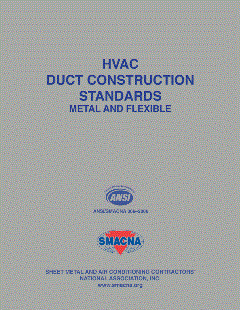Metalcon speaker: Construction industry today is very different than it was just a few years ago

If you’re waiting for construction to be like it was before the Great Recession, James Schug has some bad news.
The industry probably won’t ever be the same. But that doesn’t mean contractors can’t succeed.
That was the message FMI Corp.’s Schug gave to Metalcon attendees at his Oct. 14 presentation, “Past, Present and Future: How Contractors Succeed & Which Emerging Trends They Need to Know.” It was one of many sessions at the sheet metal forming event Oct. 14-16 at Tampa, Florida’s main convention center.
“You can say we’re cyclical, but the cycles aren’t coming back the same way,” Schug said. “We’ve got a different world in front of us.”
Among the trends Schug said he is seeing:
- A changing business climate
- A change in the thinking of leaders and owners
- New ways of strategic thinking
- More globalization
- increasing modularization/prefabrication
A new generation is taking over, Schug said. Baby boomers are retiring at the rate of 10,000 a day. It’s changing construction.
And adapting to that situation isn’t easy, he added.
“The average age of a worker in our industry is 47, which makes it very difficult,” he said. “It’s a confusing time to lead a business. Do we hire, do we open an office?”
Shrug said construction is not known for innovation.
“It sure is harder for us to change, to adapt,” he said.
And regulations such as the Affordable Care Act — aka Obamacare — make figuring things out even tougher.
Trends are hard to see — even for a company that specializes in it, such as FMI, he said. But construction is growing: the industry added 213,000 new jobs in the past year, he said.










